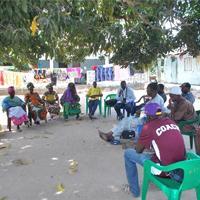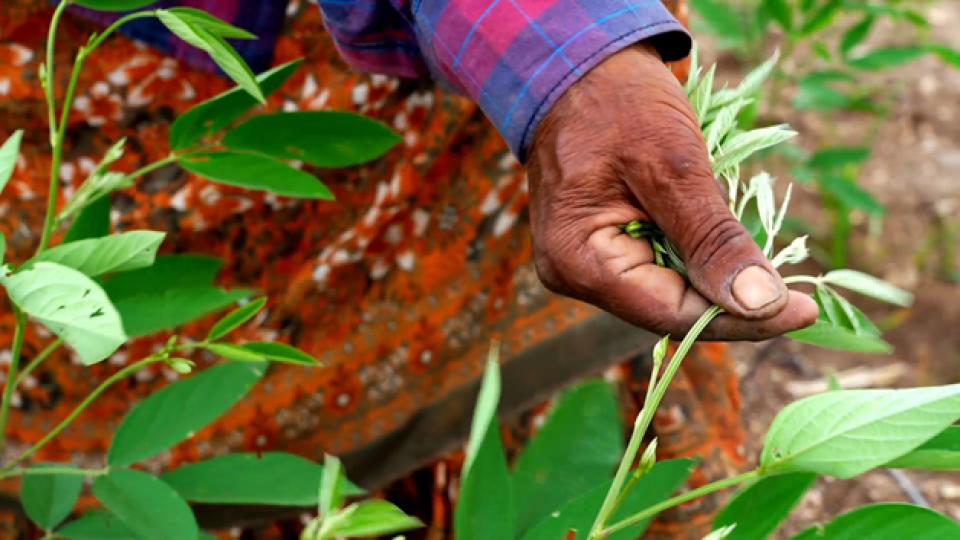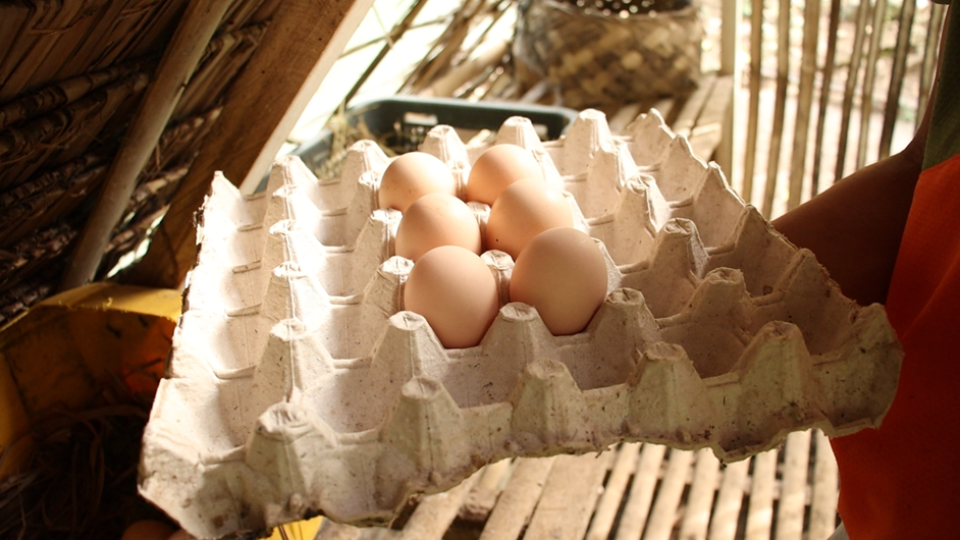
Farmers and media practitioners – both need access to reliable sources of information to do their work well. Farmers must have appropriate information and opportunities to learn so that they can make better informed decisions to cope with daunting challenges, such as climate change. For this, they generally depend on media, especially in regions, where they do not have regular access to agricultural extension workers.
Media has an important role to play in informing vulnerable farming communities as well as consumers about climate change and its impacts and how they can adapt to them, for instance by changing their farming practices and food habits. In many developing countries however, journalists do not have a solid grasp of agricultural and environmental issues and ready access to high-quality communication materials.
“In The Gambia for instance, agricultural information provided by The Gambia Radio and Television Services (GRTS) is not adequate for farmers. The media houses lack the capacity to produce relevant agricultural programmes due to inadequate financial and technical resources as well as expertise,” said Ismaila N. Senghore, former Manager of the Education and Development Programmes at GRTS.
“In my interactions with media practitioners and farmers, I have learnt that there needs to be trusted, useful agricultural and environmental information to achieve meaningful impact and sustainability,” he observed. “It is therefore wonderful for media practitioners like us to get a trusted source of readymade information, such as the Access Agriculture platform.”
Access Agriculture (www.accessagriculture.org) is a global leader in supporting South-South learning for farmers through quality videos in international and local languages. It has over 215 individual training videos in more than 90 languages across a wide range of subject matters, but all with the aim of improving rural livelihoods and supporting fair and healthy food systems in the global South based on sound agroecological principles.
As the soundtracks of the videos provide a good resource for local radio stations serving rural communities, Ismaila has used these audio files for broadcasting to the GRTS farming audience. In The Gambia, like in other parts of rural Africa, radio is still the most popular mass medium and rural communities depend on it as their main source of information.
Ismaila said that he will continue to use Access Agriculture resources in his training programmes to build the capacity of media practitioners in The Gambia in areas relating to environmental and agricultural issues, sustainable development and climate change.
The Gambia, which is the smallest country on the African mainland, is particularly vulnerable to the effects of climate change as it is estimated that a large part of the land is degraded due to poor soil and water management and climate change impacts, such as increasing temperatures and drought.
Ismaila strongly believes in the power of networking through the listening groups, which are set up to encourage rural communities to listen together to the educational radio programmes and discuss the issues raised. This helps them decide on what farming practices can be implemented from the lessons they have learnt through the programme. The radio combined with mobile phones helps the listening groups to ask questions and provide feedback.
“The listening groups, with the assistance of media producers can record their experiences and upload these on Access Agriculture’s social media video platform EcoAgtube (www.ecoagtube.org) so that they can be shared with a wide range of stakeholders,” he added. “This action will help improve the professionalism of media practitioners as well as improve farmers’ productivity. Their combined action can lead to the best agricultural practices that are sustainable and environmentally friendly.”
Access Agriculture videos in some of the languages used in The Gambia


